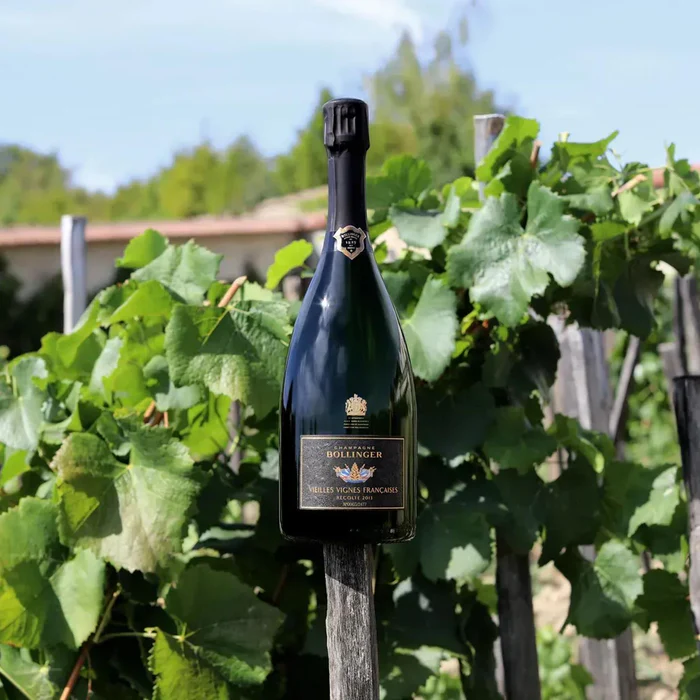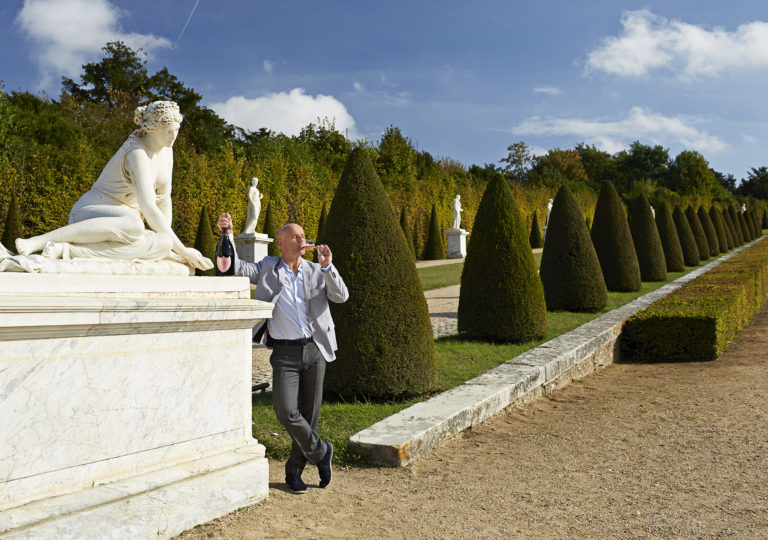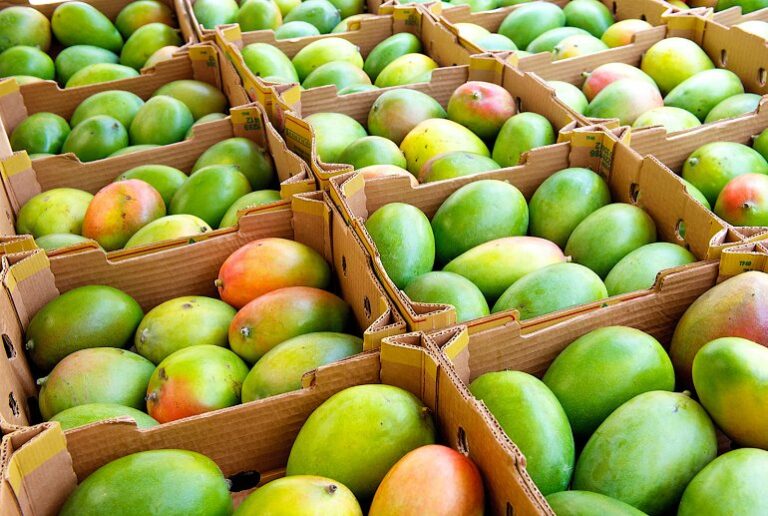Investment tip from our premium partner RareWineInvest – Investment tip; Bollinger ‘Vieilles Vignes Françaises’. [Read the full story by RareWineInvest]
Estimated reading time: 4 minutes

Investment In Bollinger VVF:
The World’s Best And Most Rare Grande Marque Champagne.
Forget Krug. Forget Salon. Bollinger’s single vineyard Champagne Vieilles Vignes Francaises is the ultimate that Champagne has to offer …
What Is Bollinger ‘Vieilles Vignes Françaises’?
Bollinger hardly needs a larger presentation and is, as one of the 24 “Grande Marques” (along with, for example, Krug, Pol Roger, Louis Roederer, etc.), one of the pillars of Champagne.
Bollinger VVF represents the pinnacle that Champagne Bollinger can achieve. VVF is produced 100% from pinot noir (thus a blanc de noir), which exclusively comes from ancient vines that miraculously survived the devastating phyllorexia plague that ravaged Champagne at the end of the 19th century.
The vines here thus represent an incredibly rare heritage of ungrafted vines, as Champagne once was. From just 0.3 hectares spread over two parcels, an average of just a couple of thousand numbered bottles per vintage are produced.
Bollinger’s Vieilles Vignes Françaises is not just a Champagne; it is a symbol of history, rarity, and the relentless pursuit of excellence, appreciated by collectors and enthusiasts all over the globe.
| 2008 Bollinger VVF |
| Production: 3,180 numbered bottles |
| Scores: RJ: 99 |
| 2009 Bollinger VVF |
| Production: 2,484 numbered bottles |
| Scores: RJ: 98 |
| 2012 Bollinger VVF |
| Production: 2,193 numbered bottles |
| Scores: RJ: 99 |
| 2013 Bollinger VVF |
| Production: 2,477 numbered bottles |
| Scores: RJ: 98 |
[Read the full story by RareWineInvest]

‘There are always moments of total drinking magic when opening a new vintage of this world-famous wine’
Champagne Club by Richard Juhlin

The Champagne House of Bollinger
according to Champagne Club by Richard Juhlin
★★★★★
Joseph Bollinger was the German from Würtemberg who founded this ancient house in 1829. The French called him simply “Jacques.” The firm’s large estates in the best Pinot villages were bought by his sons Georges and Joseph, and in 1918 it was time for the next Jacques to take over the property. He became the mayor of Aÿ, but died during the German occupation at the age of forty-seven.
The most colorful person in the history of the house is his widow, Lily Bollinger, who kept a watchful eye on every bunch of grapes by cycling through the vineyards regularly. Her rigorous demands for quality still run through the house to this day.
Now Bollinger is run by Charles-Armand de Belenet, who control over 178 hectares,(104 with pinot noir) providing 70 percent of the grape supply. Most of of the wines are Selection Massalle no 386 planted in the twenties.
‘The winemaker today is the wonderful “terroirist” Denis Bunner.’
Champagne Club by Richard Juhlin
Besides the house’s exceptional vineyards, they also use very expensive vinification methods. All the vintage wines are fermented in small, aged oak barrels and are never filtered. Malolactic fermentation—which would probably take place very late in the process—is not encouraged either. The reserve wines are stored at low pressure in magnums. Bollinger make the heaviest and most full-bodied champagnes of any house, and their wines always have a smoky and hazelnuty complexity that is very hard to beat. The new PN, La Grande Année and R.D are among the very best, but it is clear that the rare and fantastic Vieilles Vignes Françaises, made with grapes from non-grafted Pinot vines, can reach even greater heights. All wines highly recommended.
‘One of the few perfect champagne houses and a beautiful gift to mankind.’
Champagne Club by Richard Juhlin





